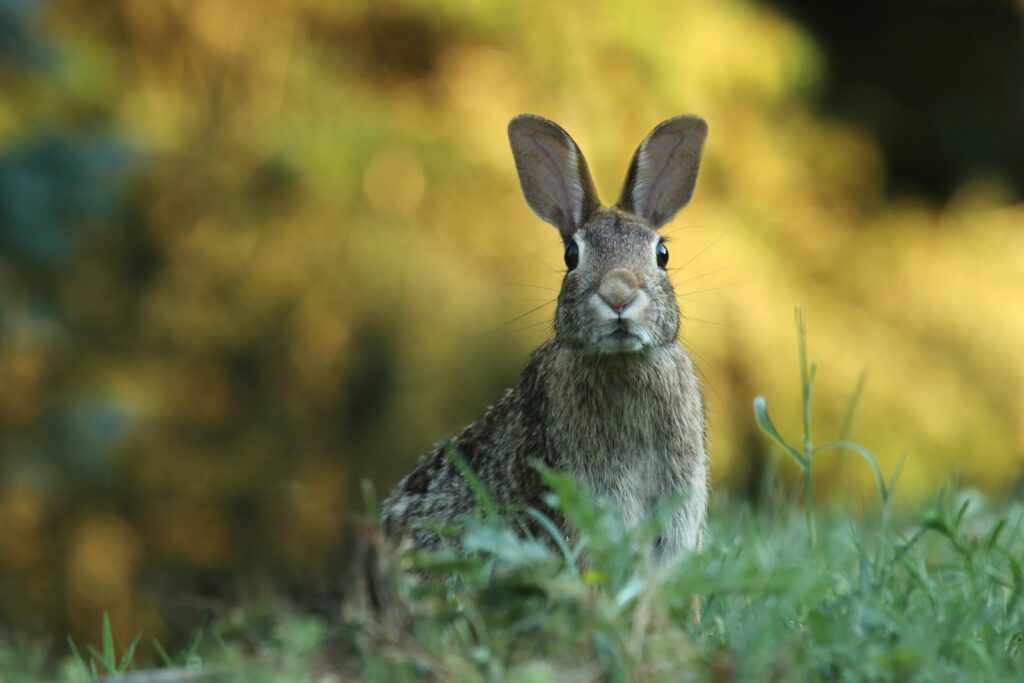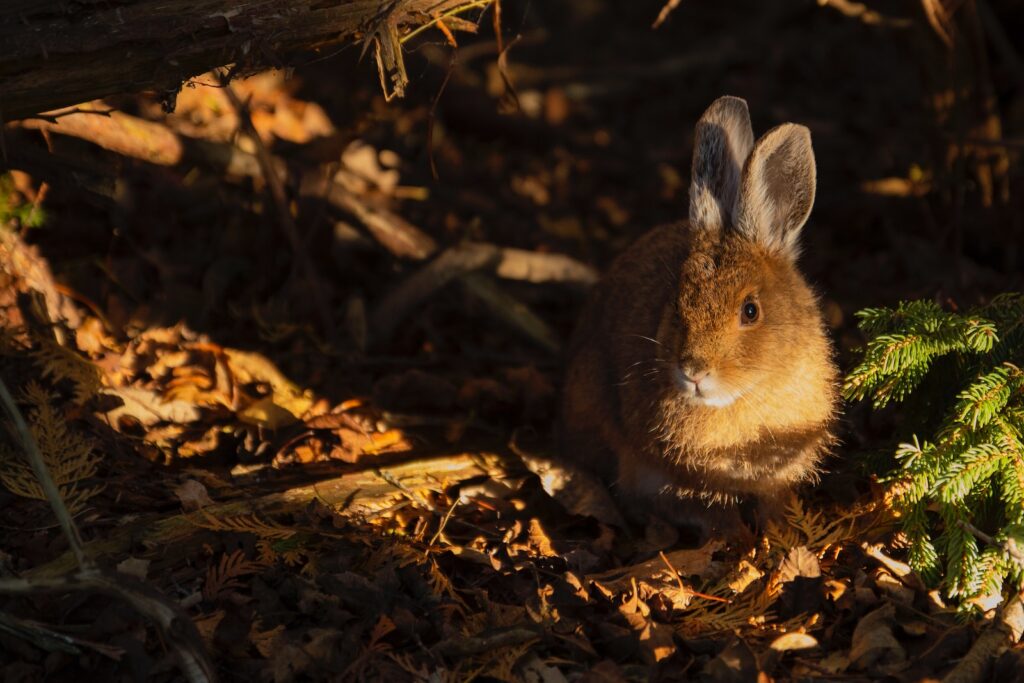Should Bunnies Try a Bite of Meat?
Many of us adore our fluffy pet rabbits and often think about giving them a special treat. However, it’s crucial to know if a food item is a friend or foe to their delicate digestive systems. Bunnies, by their very nature, are vegetarians and meat isn’t on the menu for these hoppy herbivores. Let’s hop into why meat and rabbits are a mismatch.
The Hidden Harms of Meat to a Rabbit’s Health
Rabbits have a complex digestive system that’s finely tuned to process a certain diet mainly composed of hay, fresh vegetables, and a small number of pellets. The introduction of meat to a rabbit’s diet can lead to serious health problems. Unlike carnivores with acidic stomachs to digest meat, rabbits have alkaline stomachs. Feeding meat to a rabbit can disrupt their gut flora, leading to gastrointestinal issues possibly resulting in a condition called GI stasis, which is a common yet serious condition that can be fatal if not treated promptly. Secondly, their lack of enzymes for digesting meat proteins also contributes to the potential risks, which means that their bodies are not equipped to break down and utilize meat-based nutrients.
Watch for Worrying Signs: Rabbits Reacting to Meat
If a rabbit accidentally ingests meat, there may be noticeable changes you should keep an eye out for. An upset tummy may cause your bunny to hunch over or show signs of distress. You might also observe a decrease in their normal, bouncy energy levels — an inactive rabbit is usually a signal that something’s up. Besides, if they’re not eating their regular meals or munching less hay, it’s a sure sign their tummy is out of sorts. Loose stool or a sudden change in droppings can also indicate digestive upset. If any of these symptoms appear, reaching out to a vet is the best step.
What’s for Dinner? Safe Meal Ideas for Your Rabbit
Luckily, there’s a bounty of bunny-safe foods that will keep your pet rabbit both happy and healthy. A rabbit’s mealtime should be heavy on hay, as it’s essential for their digestion. Fresh leafy greens like romaine lettuce, kale, and spinach can be offered in moderation. For a sweet treat, carrots and apples are good in small quantities — just remember, they’re high in sugar! Providing fresh water daily is also a cornerstone of a proper rabbit diet.
Keeping Meat Off the Menu: Preventing Accidental Tastes
It’s vital to ensure that your rabbit’s dining experience is limited to rabbit-appropriate cuisine. To prevent any meaty mishaps, keep all meat and human foods out of their reach. Storing meat securely and ensuring that it’s not left unattended in areas accessible to your rabbit is key. When preparing meals, consider using barriers or keeping your rabbit in a designated safe area or enclosure that is away from the kitchen and dining areas to avoid accidental ingestion.
Conclusion
To sum up, rabbits and meat are a dangerous duo. Rabbits thrive on a strict herbivore’s menu, and venturing into carnivorous territory can lead to serious health problems for these furry friends. Always remember to offer them suitable alternatives like hay, fresh veggies, and an occasional fruit treat. Keeping their diet clean and meat-free is not just a preference for rabbits; it’s a necessity for their health and wellbeing. By being attentive to their dietary needs, you’re contributing to a long, joyful, and hoppy life for your pet rabbit. Be the guardian your rabbit deserves and cherish your time together with responsible pet care.



